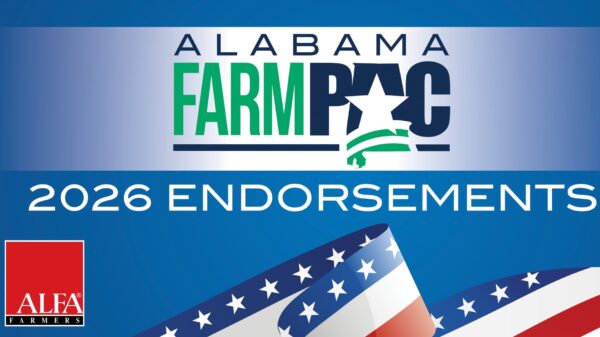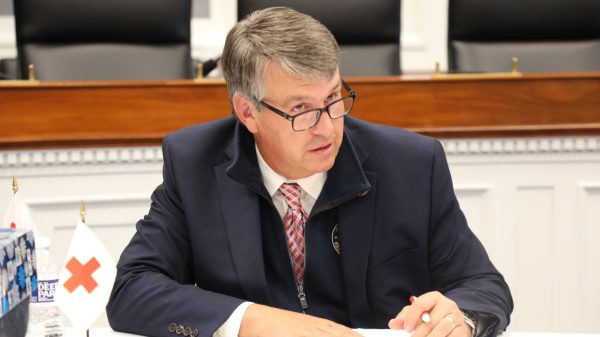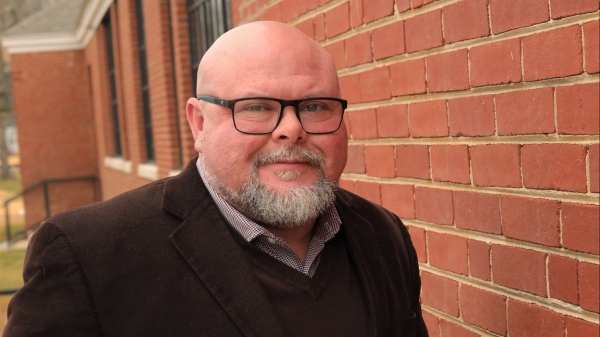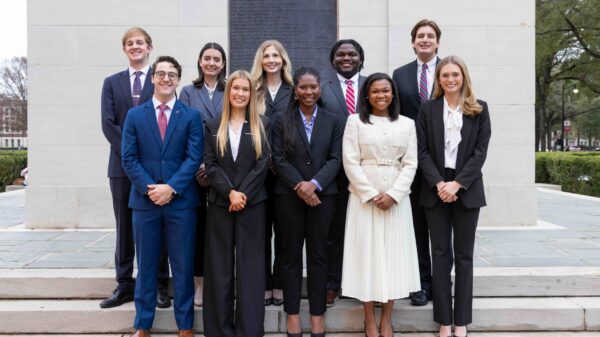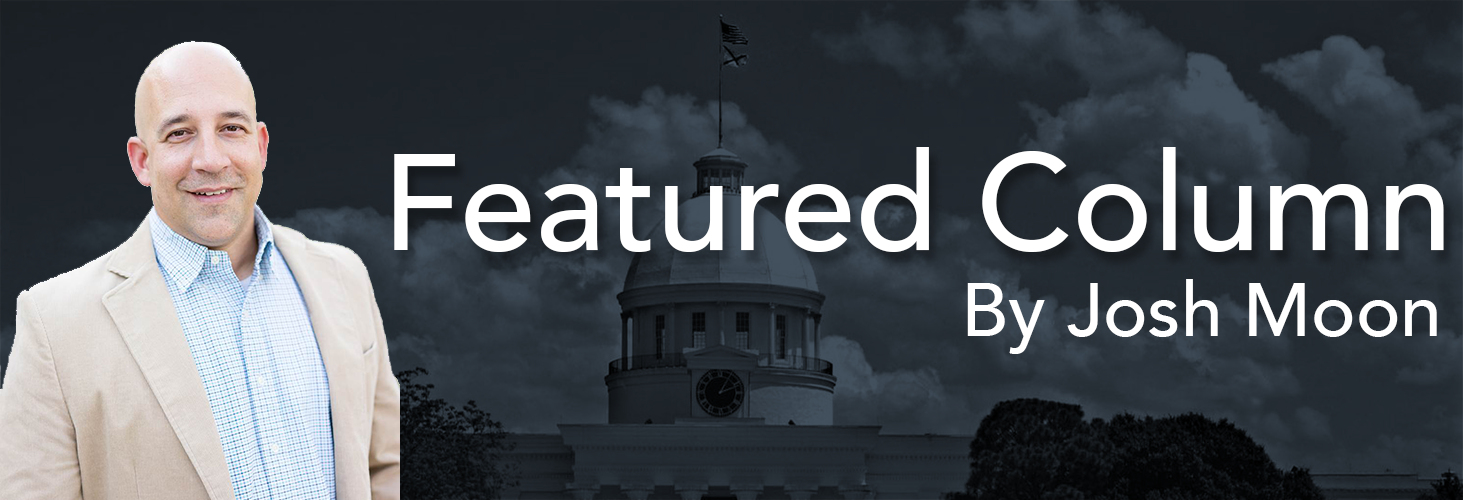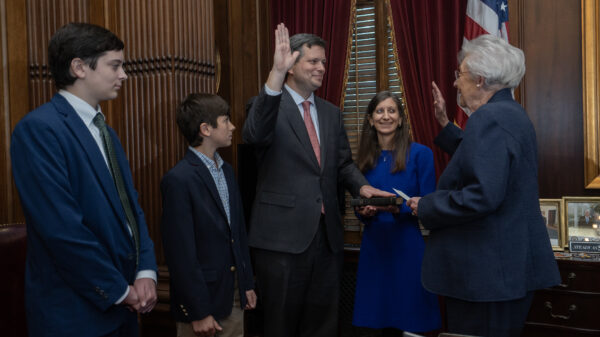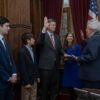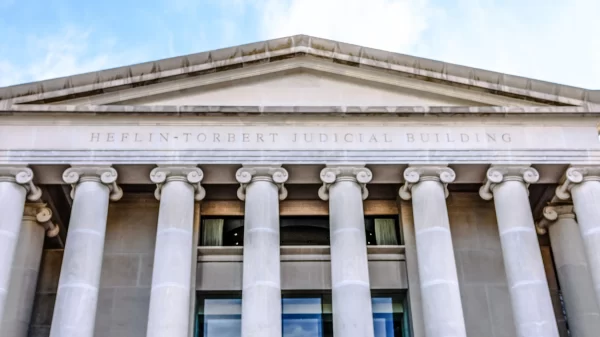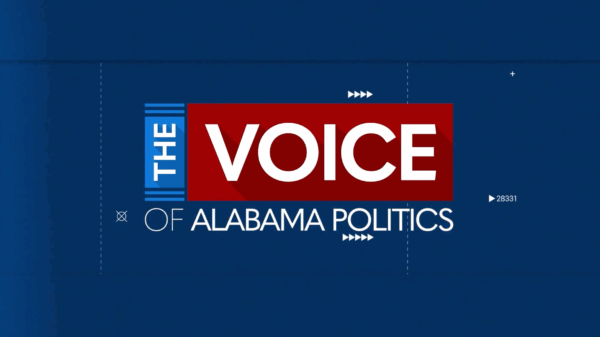By Josh Moon
Alabama Political Reporter
The Alabama Supreme Court (ALSC) has made up more law.
You probably missed this, since it happened on Dec. 23 – the Friday before Christmas. That was the day the ALSC chose to issue its latest anti-electronic bingo ruling – this time against GreeneTrack in Greene County.
The court ruled that machines confiscated from that facility could be destroyed, overruling a lower court’s ruling that found the machines complied with the county’s bingo amendment.
That’s the second time the ALSC has overruled a circuit court in the past year. VictoryLand in Macon County received similar treatment several months before.
Both of those circuit court judges were from outside of Macon and Greene counties, and were specially appointed by the ALSC. And both took a look at the law, including past ALSC rulings, and the casinos’ efforts to comply and found that they largely did.
It’s relatively easy to understand why: the constitutional amendments allowing for bingo to be played in Macon and Greene counties are different than the other 16 amendments around the state.
They’re the only two passed after the introduction of electronic bingo, and they’re the only two that were passed after a debate over electronic bingo – a debate in both the Legislature and among voters.
Greene County’s amendment goes so far as to include “electronic marking devices” in its amendment as a means to play the game.
None of that mattered to ALSC, which disregarded established precedent and essentially went about making up law.
The justices entered the case with a predetermined opinion and then contorted its rulings in ridiculous ways to fit that opinion.
To understand how, it’s important to understand that this electronic vs. traditional bingo debate is relatively new. It didn’t exist when the amendments in Macon and Greene were passed, and there was no reason for the term “electronic bingo” to be included in the amendment language.
The debate at the time of passing the amendments in 2003 was specifically about “casino style” gambling. The fliers and ads and media reports at the time all compared the games to traditional slot machines.
In the legislature, lawmakers against the amendments proclaimed that they would open the door to “Vegas-style casinos” in the state. The Christian Coalition in the state produced ads and fliers depicting slot machines.
All of that is important, because in order to settle the intent of a constitutional amendment, a century of court precedent dictates that the first thing to determine is voter intent and legislative intent. Hundreds of courts have used media ads and records of legislative discussions to determine that intent.
The ALSC, however, in rulings against VictoryLand and GreeneTrack that have baffled legal experts, declared that voter and legislative intent was unimportant and all but impossible to determine. So, instead, the justices reverted back to a previous ruling in which it arbitrarily determined the parameters for “traditional” bingo in the state.
Essentially saying: because we can’t determine what the voters or legislature meant with these amendments, the court has to declare that only “traditional” bingo is legal.
It’s an absurd position to take for the ALSC.
Especially when you consider that the only way the court could set the definition for traditional bingo was to do exactly what it says it now can’t – determine voter and legislative intent.
The ALSC’s often-quoted “Cornerstone” ruling, in which it set out the definition for traditional bingo, was an interpretation of voter and legislative intent.
It declared that voters intended to pass bingo amendments that allowed for only the traditional versions of the game.
And now, a few years later, here is the same court hiding behind a definition it created from imagining that intent and declaring it can’t and shouldn’t determine if voters and lawmakers had different intentions with the only two amendments passed after the invention of electronic bingo.
It’s nonsense. And it’s not how the law should work.
Whether you agree with gaming or not, VictoryLand and GreeneTrack were operating within the bounds of the laws of their counties. The people of the counties passed those laws and approved of the casinos – the same way people in a wet county vote to amend the state laws banning alcohol sales.
That’s how the system works. That our state’s highest court is blatantly disregarding that should worry us all.


